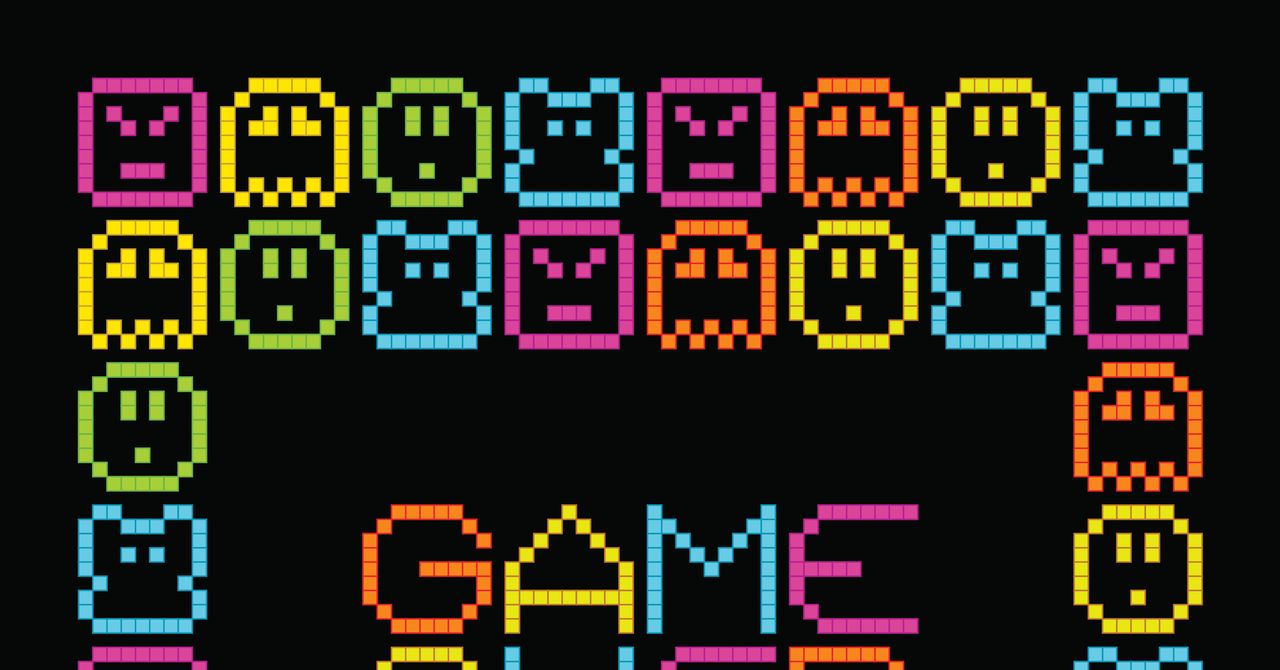
Being lousy at videogames might make you more of a jerk.
To better understand the roots of misogyny, a pair of researchers examined the gender dynamics of players interacting in Halo 3. In a study published in the scientific journal PLOS ONE, Michael Kasumovic and Jeffrey Kuznekoff found that sexism in the male-dominated environment of Halo seemed to have more to do with the skill of the guys and their status within the game than with any women playing the game.
"It's the fear of losing to a woman that kind of irks a lot of men," Kasumovic, a professor at the University of New South Wales, says. "As a consequence, they lash out in an attempt to remove women from the competitive playing field.”
In other words, men who may already be losing in the game don’t like women encroaching on their turf—and their tactic of choice can be harassment.
Don't Want to CompeteKasumovic and Kuznekoff, an assistant professor at Miami University Middletown, examined data from an earlier study that featured three kinds of players each teaming up with others in the hugely popular multiplayer shooter Halo 3. Game play was recorded to allow the researchers to analyze the results.
Each player would say a few phrases to his or her teammates. The key difference between them was perceived gender: the "control" player didn’t speak, the “man” interacted by speaking with a prerecorded male voice, and the "woman" interacted by speaking with a prerecorded female voice. (The prerecorded phrases were the same innocuous statements like "Nice shot there" for each gender.) The goal was to see how players would interact with—and the kinds of comments that would be made towards—the male-voiced player versus the female-voiced player.
The results were striking.
“Men who were of lower skill were more positive towards men and more negative towards women,” Kasumovic says, remarking on the kinds of comments made towards the study's players. “But the really neat result is that when men were of higher skill, they were much more positive to women.”













